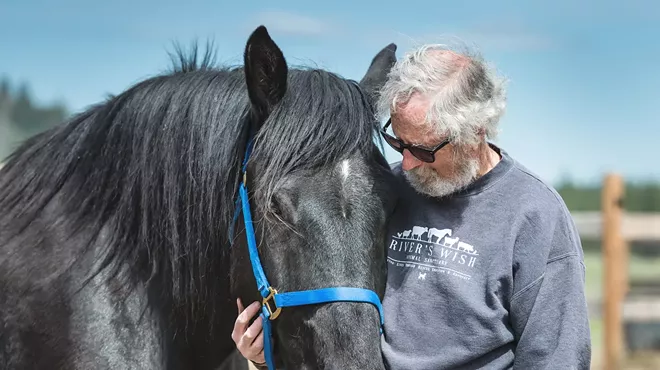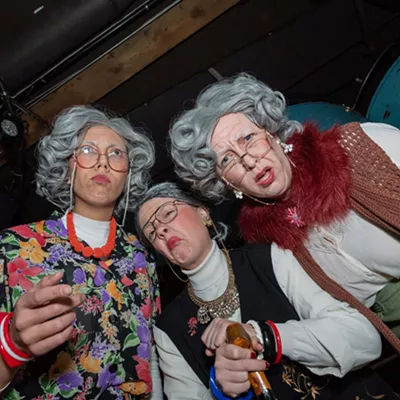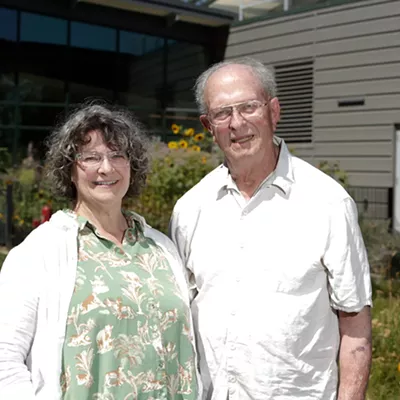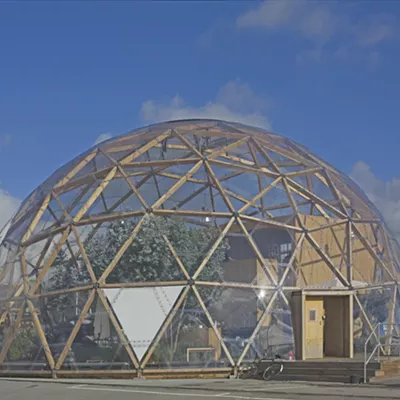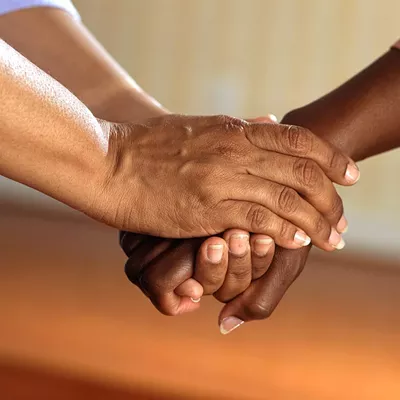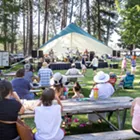
COVID-19 has exacerbated many of the problems facing refugee settlement in the Inland Northwest while highlighting the perseverance of many refugee families.
Practical obstacles such as language barriers, financial obligations and cultural differences become more of a problem for refugees who lost their jobs due to COVID or don't have means of everyday transport. Various nonprofits such as Refugee Connections and World Relief take it upon themselves to check on families who have settled in the area. Case workers directly reach out to these families by phone to ascertain their needs.
Marijke Fakasiieiki, director of Refugee Connections, tries to connect refugees with the resources they need, from delivering food as a driver to providing funds for indispensable payments such as rent.
"The needs of those we work with usually involve food, because a lot of people are afraid to go out grocery shopping for fear of getting the virus," Fakasiieiki says. "We're dealing with elders, kids, and some of the families don't have transportation. We've been delivering food."
For Fakasiieiki, transportation is only one of four barriers that could get in the way of providing for refugees, the other three being language, culture and fear.
"How do you communicate COVID-19 issues wearing your mask, staying 6 feet away, social distancing, to people who may have a different religious perspective?" Fakasiieiki says. "You're dealing with a vast culture barrier while confronting the language barrier that makes it hard to transmit the situation."
The last barrier, fear, becomes worsened by the other three, according to Fakasiieiki.
"COVID-19 isolates people in the community from understanding the dynamics that lead to this situation. If you don't speak English as a first language, it's very hard to advocate for yourself without allies in the community," she says.
Mark Finney, executive director at World Relief, saw that the situation for refugees was getting tougher economically, as many refugees get their first jobs in the hospitality industry. According to Finney, World Relief had at least 100 former refugees working at the Davenport Hotel before it shut down.
"For the most part, we're seeing the grit and determination that most people have from being refugees overseas. It's serving them really well right now in the pandemic," Finney says. "For many that live in the U.S., this is unprecedented, but for many that have had to flee their home to save their lives, COVID doesn't seem as intimidating."
With refugee numbers already declining in the last three to four years, many families in Spokane are left waiting for their relatives to arrive from overseas. COVID shutdowns have increased this wait indefinitely, posing another concern for the well-being of refugees in camps. According to Finney, refugee camps are very vulnerable to health concerns like cholera and now COVID.
Finney stays hopeful, however, for the support of refugees in and around Spokane.
"We continue to be so grateful and impressed at how the community in Spokane rallies around this cause," Finney says. "The same has been true during COVID. A lot of people have stepped up to choose solidarity over self-preservation, and it's inspiring to see that."
Each year, the president determines how many refugees will come the following year, though the White House has yet to offer any word on this in 2020. The last four years, the president has slashed the number to historic lows, directly affecting refugee families across the U.S. Still, organizations like Refugee Connections and World Relief continue in their efforts to reunite them. ♦



